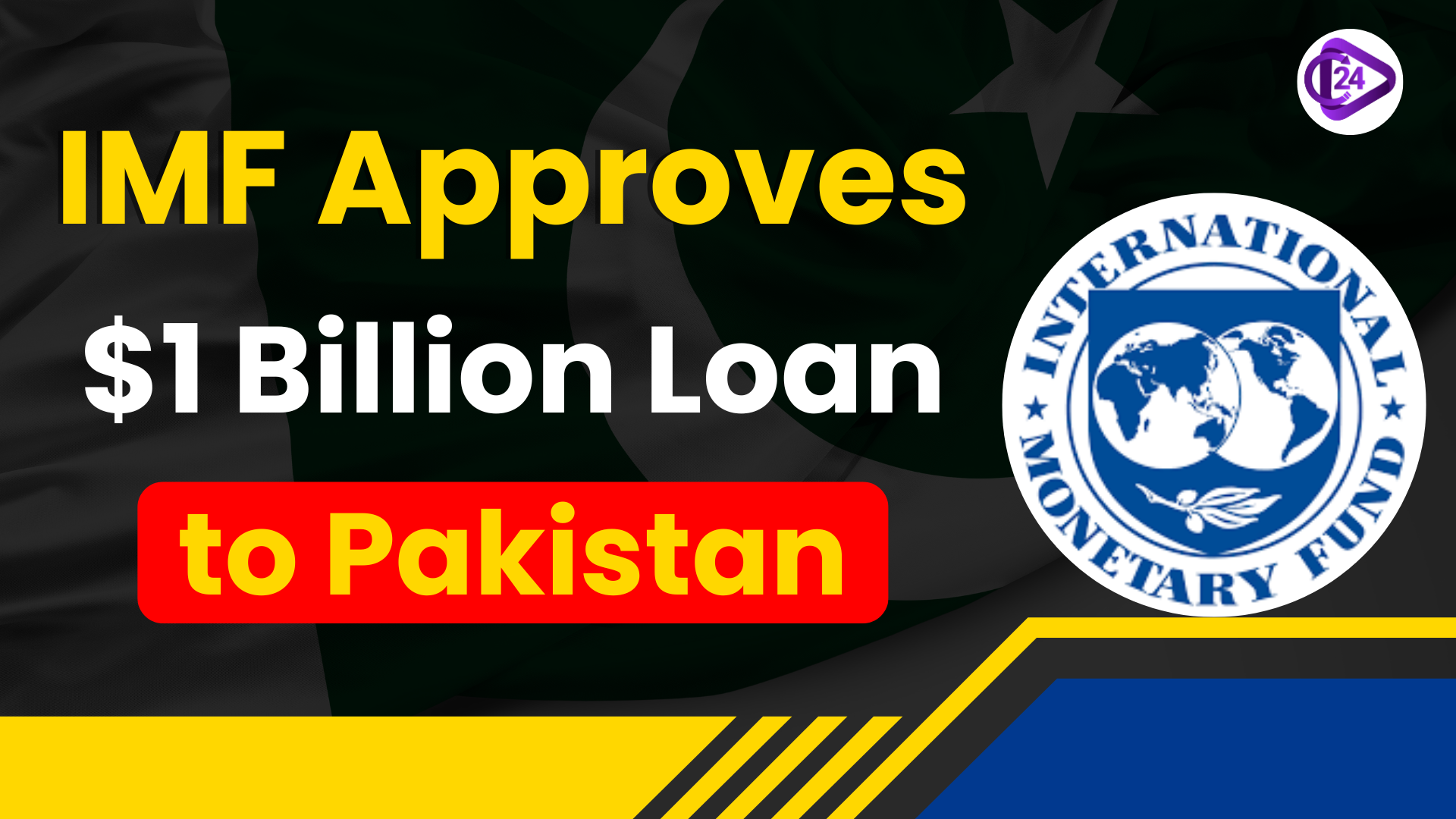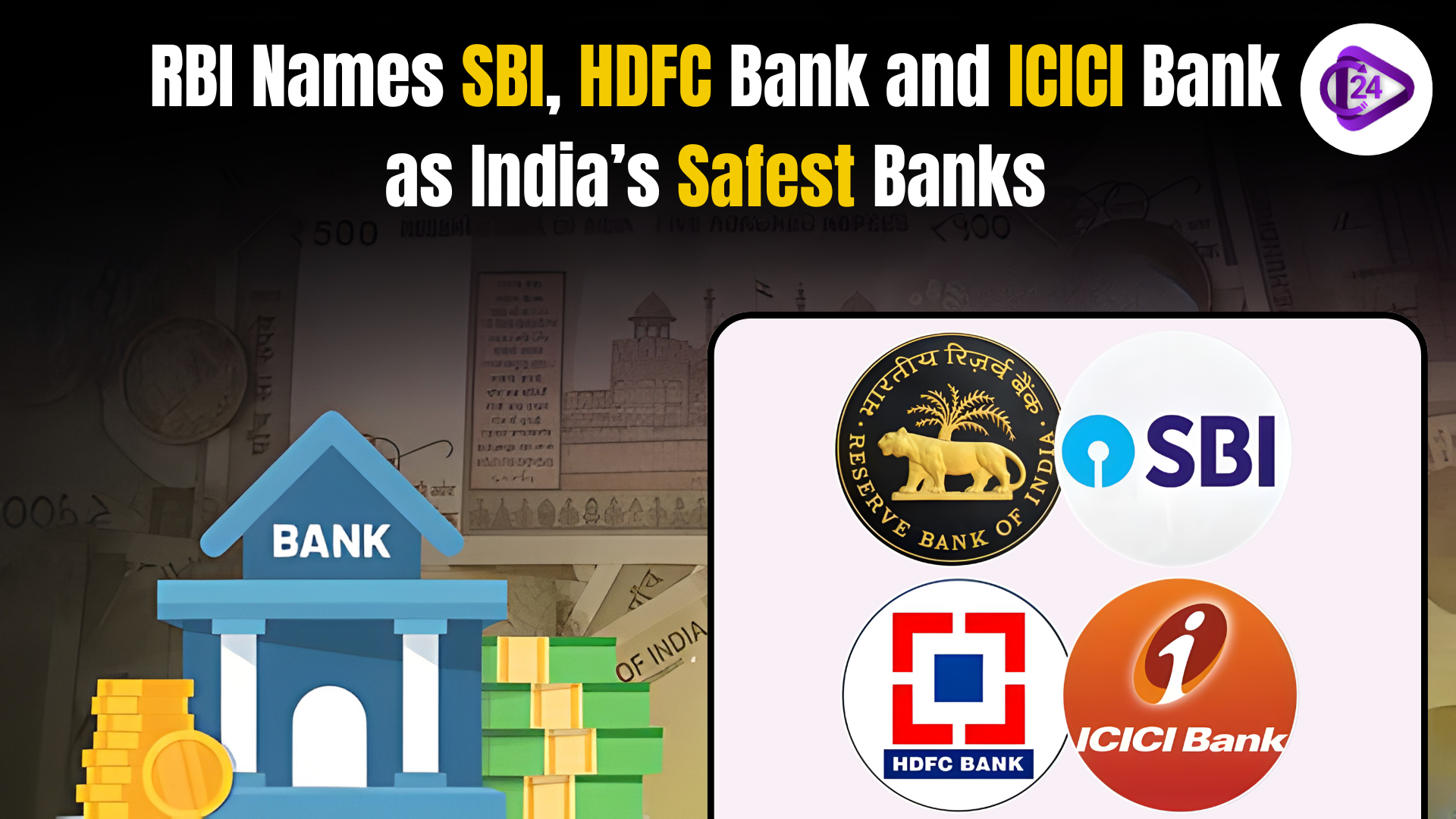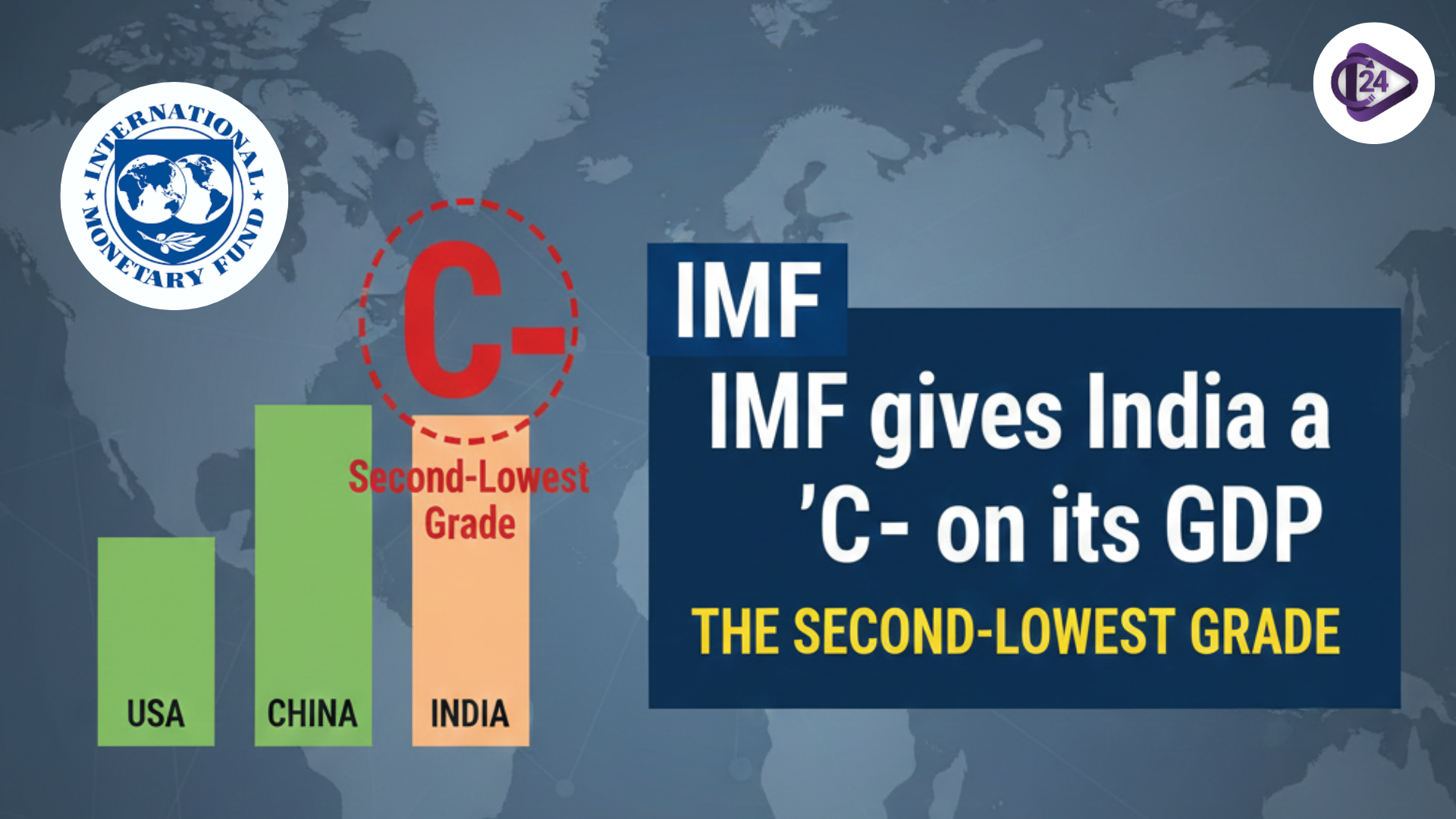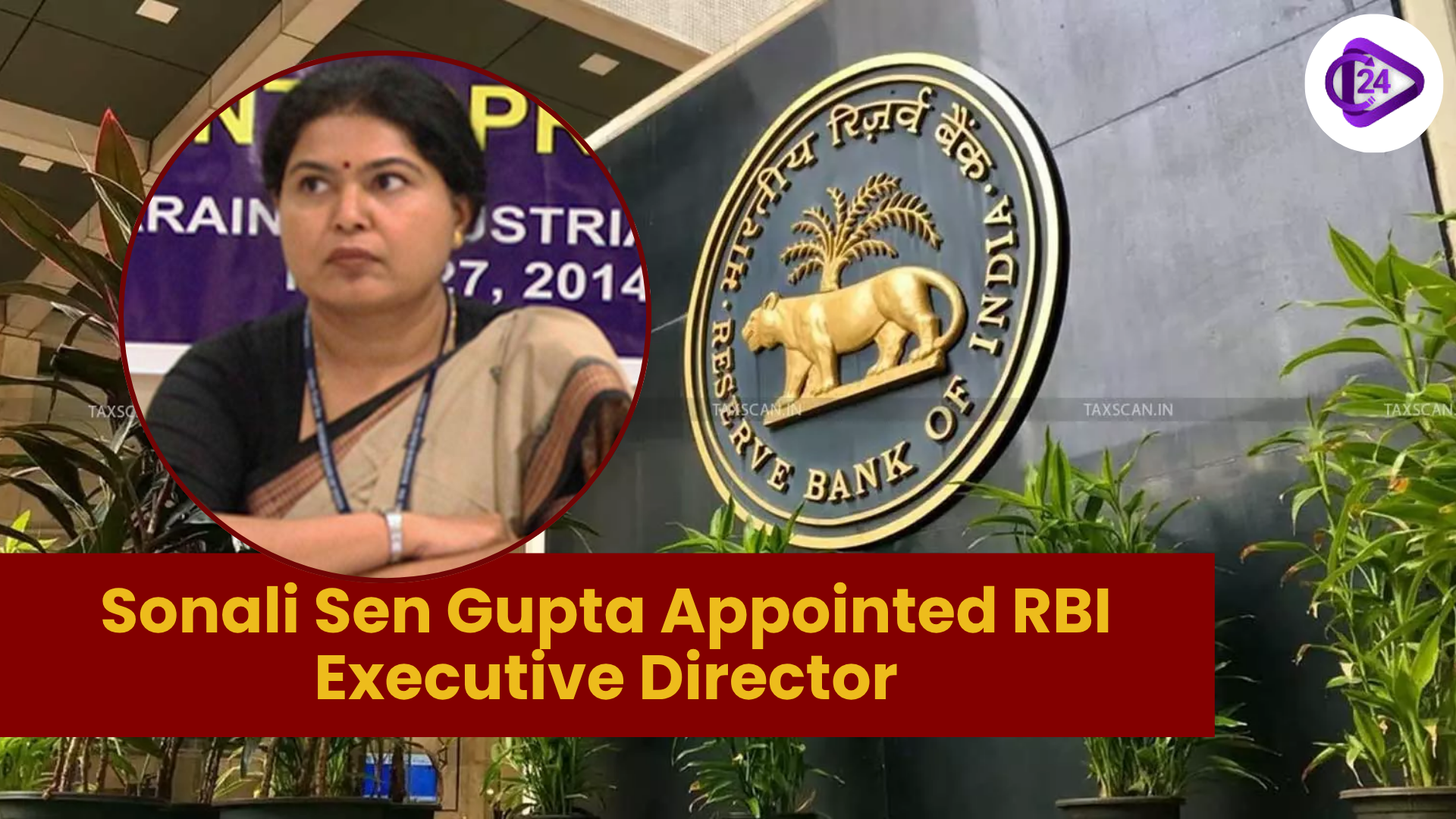
The International Monetary Fund (IMF) has cleared the release of USD 1 billion to Pakistan under its Extended Fund Facility (EFF) in the face of the objections raised by India. India refrained from participating in the voting process, fearing that IMF moneys were to be used in sponsoring state terrorism. By India, the discussed points are economic instability of Pakistan, and the military’s participation in policymaking. The IMF’s decision coincides with other times of financial crisis in Pakistan and earlier failed IMF programs.
Context:
-
IMF grants a $1 billion loan to Pakistan, with India ignoring a vote cast.
-
India raised concerns over a misappropriation of funds for the support of terrorism.
-
Pakistan’s associated history of failed IMF programs and continuing economic instability was remarked.
Key Points:
-
India's Abstention: India generated vociferous objections at the IMF over the misuse of means stressing that the poor history of Pakistan with IMF loans will question future achievements.
-
Pakistan’s Economic Track Record: Pakistan has received financial aid from IMF several times but still remains visited by the harsh economic instability and struggles to observe IMF requirements.
-
Military Influence: India sounded a note that Pakistan’s pervasive involvement of its military in political and economic issues can erode the reforms that IMF assistance has imposed.
-
Financial Concerns: India advised that persistent financial support without the necessary reforms was likely to reward Pakistan’s behaviour in regional instability, specifically in terms of terrorism.
-
International Concerns: Such global institution risk reputational risks if it provides assistance to countries that in the past had supported cross-border terrorism, according to India’s statement.
India's Abstention:
-
India voted against the IMF’s shores of $2.3 billion to Pakistan.
-
The loan includes:
-
1 billion under the Extended Fund Facility (EFF).
-
US$1.3 billion within the Resilience and Sustainability Facility (RSF).
-
It was not a case of opposition but that of IMF rules, which forbid a formal “no” vote.
-
India’s Concerns:
-
Challenged the "poor track record" of IMF program implementation by Pakistan.
-
Spectered worries about the use of funds for state supported terrorism.
-
Noted that continued financial assistance to Pakistan sends a destructive message to the world community.
-
Emphasized risks of the use of debt financing for cross-border terrorism.
IMF's View:
-
In the IMF report, “Evaluation of Prolonged Use of IMF Resources, ” it says:
-
There was an idea that the IMF lending to Pakistan was politicised.
-
Pakistan looks like a chronic borrower and a significant debtor.
-
Even with previous programs, economic slippages and failure to implement policies continue.
-
India’s Diplomatic Stand:
-
India urged Worldwide financial institutions to make sure moral values are considered while making funding decisions.
-
Suggested review on loans to Pakistan from agencies such as Financial Action Task Force (FATF).
-
Pakistans interference of the military in economic affairs was pointed out as one of the key risks.
Background:
-
Pakistan has not been short of borrowing from the IMF since it first looked for help in 1958.
-
The country entered the IMF in 1950 and applied for the first loan of its kind, which was in 1958, and became the first country to do so.
-
Pakistan has taken 22 IMF loans, and there has been a mixture of economic reforms and continued instability.
Critical Stages of IMF and Pakistan Relationship:
-
Early Years (1958-1970s):
-
Pakistan obtained a $25 million standby arrangement in 1958 when it first borrowed.
-
During the 1960s, there existed back-to-back programs (1965, 1968) that assisted Pakistan in managing balance of payments crises.
-
The government of Zulfikar Ali Bhutto (1972-1977) applied several times for IMF borrowing, aggregating to 314 million SDR.
-
-
Benazir-Nawaz Model of Democracy (1988-1997):
-
Pakistan participated in the IMF programs eight times, withdrawing SDR 1.64 billion.
-
The government had a problem with implementing the suggested reforms, hence the continued financial instability.
-
-
Musharraf Era (1999-2008):
-
Despite political instability, this enabled him to secure an SDR 1.33 billion loan over nine years, although at low interest rates.
-
In 2008, the PPP government received the biggest bailout package in Pakistan's history (SDR 4.94 billion) after ousting Musharraf, but fundamental reform was largely ignored.
-
-
2010-2022 Loan Programs:
-
During the PML-N government (2013-2018), Pakistan was granted another good loan of SDR 4.399 billion.
-
Pakistan’s fiscal vulnerabilities, heightened current account deficit and sluggish export remained despite efforts.
-
IMF found that the program had helped increase growth and reinforce social safety nets, though, there were macroeconomic weaknesses.
-
Impact on Pakistan:
-
Short-Term Relief: IMF loans have been a lifeline for Pakistan whenever the nation is under a fiscal crisis mentality, supporting its economy in the short run.
-
Structural Issues: Despite multiple loans, Pakistan has been unable to carry out effective structural reform. Time after time, the IMF-dictated fiscal-economic measures are not being enforced, prompting the occurrence of financial issues again and again.
-
Debt Accumulation: Pakistan’s debt load has expanded over time, with large percentages of loans channeled under different governments (PPP, PML-N, and military governments).
Impact on India:
-
Security Concerns: India is worried that funds will help Pakistan’s military and finance cross-border terrorism.
-
Economic Competition: India’s soft-power diplomacy in the region may be threatened by economic salvation of Pakistan.
-
Diplomatic Strain: India aired concerns, but did not veto the loan, which provided evidence of diplomatic eschewing of certainty.
Impact on the Situation:
-
Geopolitical Dynamics: The IMF’s support to Pakistan further limits Pakistan’s relations with global financial institutions.
-
Pakistan's Stability: The loan may give Pakistan’s economy a short-term boost, but it is not clear if in the long term, there will be success because of past failures.
-
IMF’s Reputation: The IMF is under fire for loan approval despite worries over the misuse of the money for military expenditure.
Way Forward:
-
Enhanced Monitoring: The IMF should tighten monitoring to prevent misuse of funds.
-
Diplomatic Engagement: India should continue to complain about issues in international forums and secure and strengthen its security.
-
Economic Pressure: India could use its economic weight and thereby influence better accountability in the aid distribution.
-
Regional Cooperation: India needs to concentrate on improving regional cooperation to lower Pakistan’s reliance on foreign loans.
Conclusion:
The IMF’s willingness to extend a $1 billion loan to Pakistan in the face of Indian resistance is a pointer to the ever-present difficulties the international financial institutions experience in reconciliation between economic aid and geopolitics. India’s abstention from the vote reflects the emerging levels of discontent over the theme of Pakistan’s continuous instability and its vulnerability to misemployment of economic support, especially as regards terrorism-based operations.
UPSC Prelims PYQ (2016)
Q.1 With reference to the International Monetary Fund (IMF), consider the following statements:
- The IMF provides loans to countries facing balance of payments problems.
- The IMF can impose conditions on the borrowing countries.
Which of the statements given above is/are correct?
A. 1 only
B. 2 only
C. Both 1 and 2
D. Neither 1 nor 2
UPSC Prelims PYQ (2015)
Q. With reference to a grouping of countries known as BRICS, consider the following statements:
- The First Summit of BRICS was held in Rio de Janeiro in 2009.
- South Africa was the last to join the BRICS grouping.
Which of the statements given above is/are correct?
A. 1 only
B. 2 only
C. Both 1 and 2
D. Neither 1 nor 2
UPSC Mains Practice Question
Q.1 "The International Monetary Fund’s decision to extend financial support to Pakistan amid heightened tensions with India raises questions about the role of multilateral institutions in geopolitically sensitive regions.”
Critically examine the implications of IMF lending in conflict-prone areas, especially with reference to India-Pakistan relations and global financial diplomacy. (250 words)
FAQs
- Misuse of IMF funds for terrorism.
- Pakistan’s failure in past IMF programs.
- Persistent economic instability and lack of reform.
- Military’s interference in economic governance.



 RBI Retains SBI, HDFC Bank, and ICICI Bank as Domestic Systemically Important Banks
RBI Retains SBI, HDFC Bank, and ICICI Bank as Domestic Systemically Important Banks IMF gives India a ‘C’ on its GDP and other national accounts data, the second-lowest grade
IMF gives India a ‘C’ on its GDP and other national accounts data, the second-lowest grade India Witnesses Rapid Surge in Ultra-Processed Food Consumption
India Witnesses Rapid Surge in Ultra-Processed Food Consumption HDFC Bank Secures the Top Rank in India’s 2025 Brand Value Index
HDFC Bank Secures the Top Rank in India’s 2025 Brand Value Index ASSOCHAM New President Nirmal Minda to Drive Industrial Innovation and Sustainability in India
ASSOCHAM New President Nirmal Minda to Drive Industrial Innovation and Sustainability in India 8th Pay Commission 2025: Latest News, Salary Hike & DA Update
8th Pay Commission 2025: Latest News, Salary Hike & DA Update Sonali Sen Gupta Takes Charge as RBI Executive Director
Sonali Sen Gupta Takes Charge as RBI Executive Director Shram Shakti Niti 2025: India’s Future-Ready Labour Policy for Employment Growth
Shram Shakti Niti 2025: India’s Future-Ready Labour Policy for Employment Growth Secure UPI Transactions: RBI and NPCI Introduce Biometric Authentication
Secure UPI Transactions: RBI and NPCI Introduce Biometric Authentication Shirish Chandra Murmu Appointed as RBI Deputy Governor
Shirish Chandra Murmu Appointed as RBI Deputy Governor






